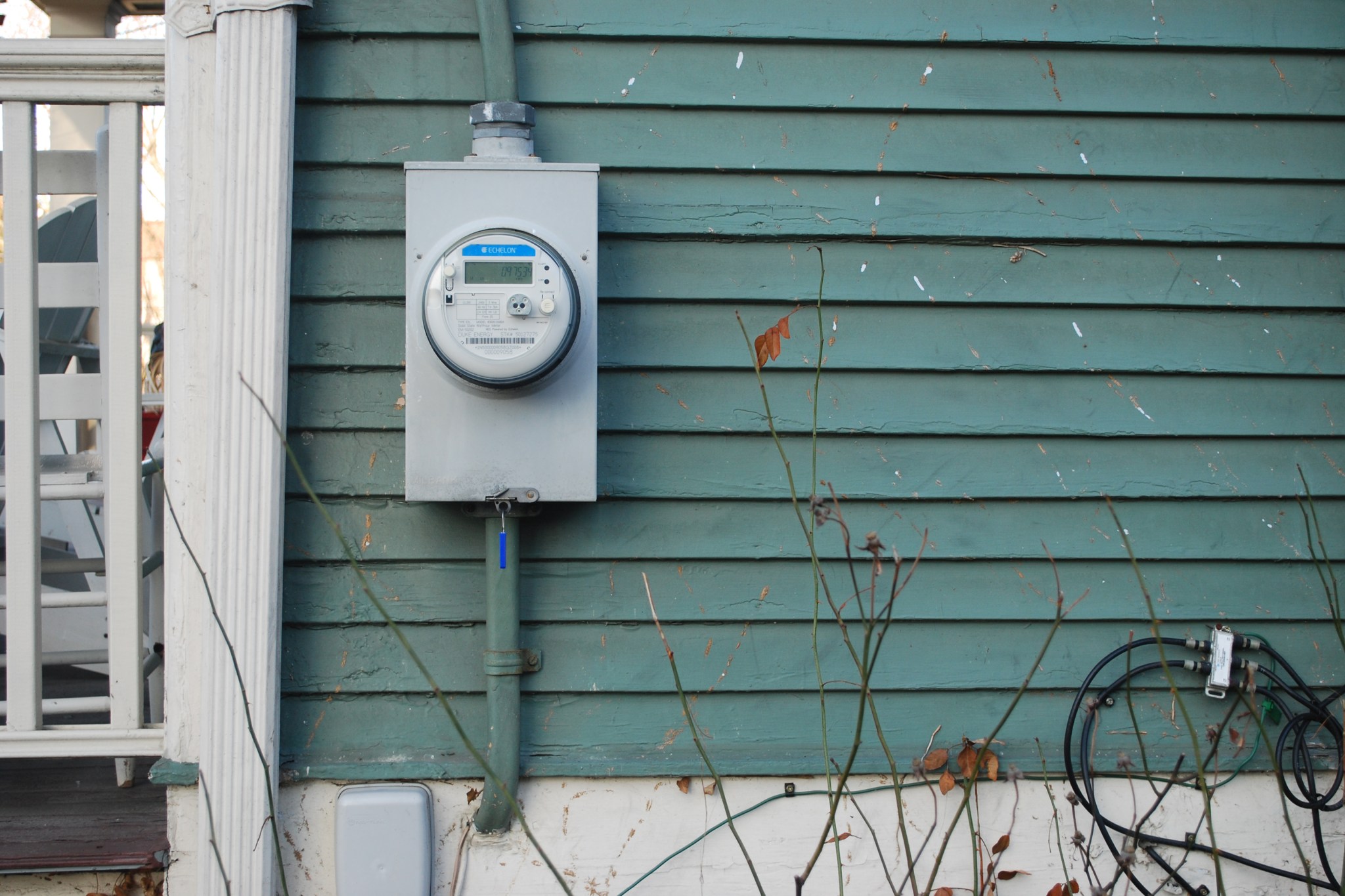Can switching save you money? It can if you pound the digital pavement.
The trick is you have to find your state's suppliers — and then compare prices.
Plenty of sites promise to do the comparative shopping for you, but they may not list all suppliers available. They may only list suppliers they represent. State-run sites have the complete list. Find that list, then use these tips to comparison shop and decide:
Know These 2 Key Facts Before You Decide To Shop
- Switching suppliers won’t improve unreliable service. Since energy suppliers have no way to get electricity into your home, your public utility company will still be your provider because they own all the poles and wires. They will also continue to handle customer service issues and infrastructure upgrades.
- Make sure any supplier you are considering has a state license. They must be licensed to sell energy through a public utility.
Tip: Many state sites post a complaints scorecard. These scorecards show how each electric supplier compares to the average rate of complaints for the entire residential market.
4 Things to Know When Shopping for a Supplier
You need to understand how electricity billing works:
- Price per kWh
- Additional taxes
- Additional monthly service charges
- The average amount you paid per kilowatt hour (kWh) for the last 12 months (if you don’t have your last dozen bills on hand, call your electricity supplier)
3 Rate Structures You Need to Choose From
Now, here’s where things can get tricky.The following are pricing options that affect kWh costs. They’re considered standard in the industry.
- Fixed: This is a locked-in unit price for kWh throughout the term of a contract. If energy prices skyrocket during your contract, your unit price won’t be affected. But if prices drop below the unit price, you’ll end up overpaying.
- Floating: Also known as a variable rate, this allows a homeowner’s unit cost to rise or fall based on the wholesale value of electricity. Although this may sound like a great deal when prices are low, if the market becomes unpredictable or if prices sky rocket, it can be difficult to manage your home’s energy costs.
- Hybrid: This is when a percentage of energy use is billed at the fixed rate and the remainder is billed at the floating rate. In this case balance is everything. You could end up with a whopping energy bill if the floating rate goes up and it’s applied to a large percentage of your bill.
7 Questions to Ask Electricity Suppliers
- Is price per kWh a fixed price?
- Is there a monthly service change or any other fees?
- Are taxes included in supplier cost?
- Is there a contract and how does this affect cost? Am I getting a special one-time deal?
- Are there any other discounts and promotions I should know about like referral programs?
- Is there a fee if I decide to break the contract?
- For billing issues, can I contact you directly and how?
3 Pitfalls to Avoid
- Low introductory offers: Rates like these can go sky-high after the promotion expires.
- Auto renewal: You don’t want your contract to renew automatically without your permission.
- Energy suppliers who use misleading tactics: This includes showing up on your doorstep or calling and saying your public utility company sent them, or you must switch suppliers within a limited amount of time. Your local utility company would not send anyone out on their behalf.
Related: The Most Effective Ways to Lower Your Bill (and They Hardly Cost a Dime!)
Another Option: Group-Buying
Several states have Community Choice Aggregation (CCA) laws that allow local governments to pool their community’s electricity need in order to purchase power on their behalf. While savings is not always guaranteed, many municipalities are able to obtain discounted electricity prices. You'll have to check with your state regulatory commission. You can get started by clicking on your state in this map.
Related: You Only Think It's True! 10 Myths Costing You Time and Money
